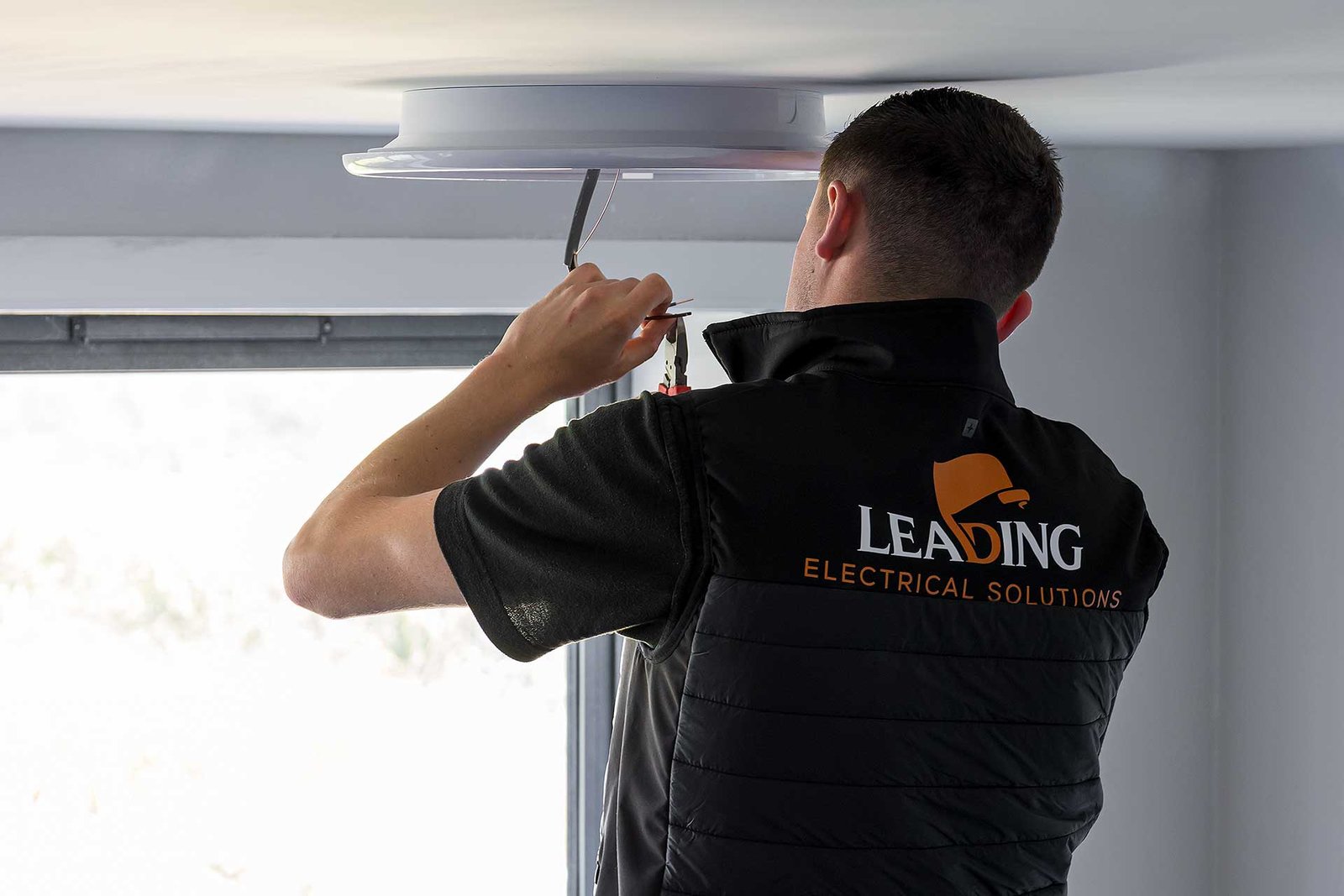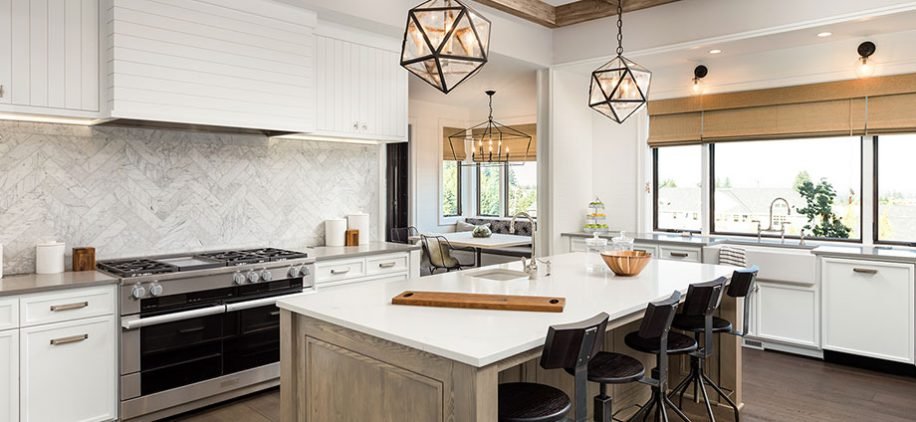Planning a kitchen renovation can be an exciting yet daunting task. Whether you’re looking to modernise your space, improve functionality, or increase your home’s value, a well-thought-out plan is crucial. This guide covers the key considerations to help you achieve a successful and satisfying kitchen renovation.
Setting a Realistic Budget
One of the first steps in planning a kitchen renovation is establishing a realistic budget. Your budget will guide many decisions, from materials and appliances to contractor fees. Factors influencing the budget include the kitchen’s size, the quality of materials chosen, and labour costs. It’s wise to include a contingency fund to cover unexpected expenses, prioritise essential upgrades, and consider financing options if necessary.
Defining Your Renovation Goals
Clearly defining your renovation goals is crucial for a successful project. Consider what you want to achieve: improved functionality, a more modern aesthetic, increased home value, or all of the above. Your lifestyle needs should also guide your decisions, such as accommodating a growing family, enhancing cooking efficiency, or increasing storage space. Setting clear and realistic goals helps streamline the design and selection process.
Choosing the Right Layout
The layout of your kitchen significantly impacts its functionality and flow. Common layouts include L-shaped, U-shaped, galley, and open-plan designs. When choosing a layout, consider the space available, how you use the kitchen, and how it connects with adjacent areas. Optimising the layout involves maximising counter space, ensuring adequate storage, and planning for convenient appliance placement.
Selecting Materials and Finishes
Selecting the right materials and finishes is crucial for both aesthetics and durability. Key areas to consider include countertops, cabinetry, flooring, and backsplashes. The choice of materials should reflect your style preferences and be practical for your lifestyle. For instance, granite or quartz countertops are popular for their durability, while hardwood or tile flooring offers a range of styles and easy maintenance. Harmonising these elements with the overall design ensures a cohesive look.
Choosing Appliances and Fixtures
Appliances and fixtures are integral to the functionality of your kitchen. When selecting appliances, consider whether you prefer built-in or freestanding models, energy efficiency, and any smart features that could enhance convenience. Fixtures like sinks, faucets, and lighting also play a crucial role. Choose items that complement your design and meet your functional needs, such as a deep sink for washing large pots or adjustable lighting for various tasks.
Maximising Storage and Organisation
Effective storage solutions are essential for a functional kitchen. Consider your storage needs and how to best utilise the available space. Innovative storage ideas include pull-out shelves, vertical storage options, and solutions for corner cabinets. Whether you opt for custom cabinetry or standard options, the goal is to maximise storage capacity while keeping the kitchen organised and clutter-free.
Lighting and Ventilation
Lighting and ventilation are often overlooked but are critical elements of a well-designed kitchen. Adequate lighting includes a mix of ambient, task, and accent lighting to ensure a bright and functional space. Selecting appropriate fixtures for different areas, such as under-cabinet lighting for workspaces, enhances usability. Proper ventilation is also crucial, especially for cooking areas, to remove odours and maintain air quality. Range hoods and windows can significantly improve ventilation.
Eco-Friendly and Sustainable Options
Incorporating eco-friendly and sustainable options into your kitchen renovation is beneficial for both the environment and your home’s long-term value. Consider using sustainable materials, energy-efficient appliances, and LED lighting. Recycling old materials and opting for water-saving fixtures also contribute to a greener kitchen. These choices not only reduce your environmental footprint but can also lead to cost savings over time.
Hiring Professionals
Hiring the right professionals is key to a successful kitchen renovation. Experienced contractors, designers, and architects bring valuable expertise, ensuring that your project is completed efficiently and to a high standard. When choosing professionals, check their credentials, reviews, and portfolios to ensure they are a good fit for your project. Clear communication and setting expectations are crucial for a smooth working relationship. For those seeking expert services, consider kitchen renovations in Sydney by Nicholas Carpentry, known for their quality craftsmanship and attention to detail.
Timing and Project Management
Effective project management is essential for keeping your renovation on track. Start with a realistic timeline that accounts for all phases of the project, including planning, demolition, installation, and finishing. Coordinating with contractors, ordering materials in advance, and staying organised can help prevent delays and ensure a smooth renovation process. Minimising disruption to your daily life involves planning for temporary kitchen arrangements and communicating regularly with your renovation team.
Concluding Thoughts
Planning a kitchen renovation requires careful consideration of various factors, from budgeting and design to choosing the right professionals. By setting clear goals, selecting appropriate materials and finishes, and effectively managing the project, you can achieve a kitchen that meets your needs and enhances your home. Whether you’re starting the planning process or ready to begin, taking these steps will help ensure a successful and enjoyable renovation journey.













